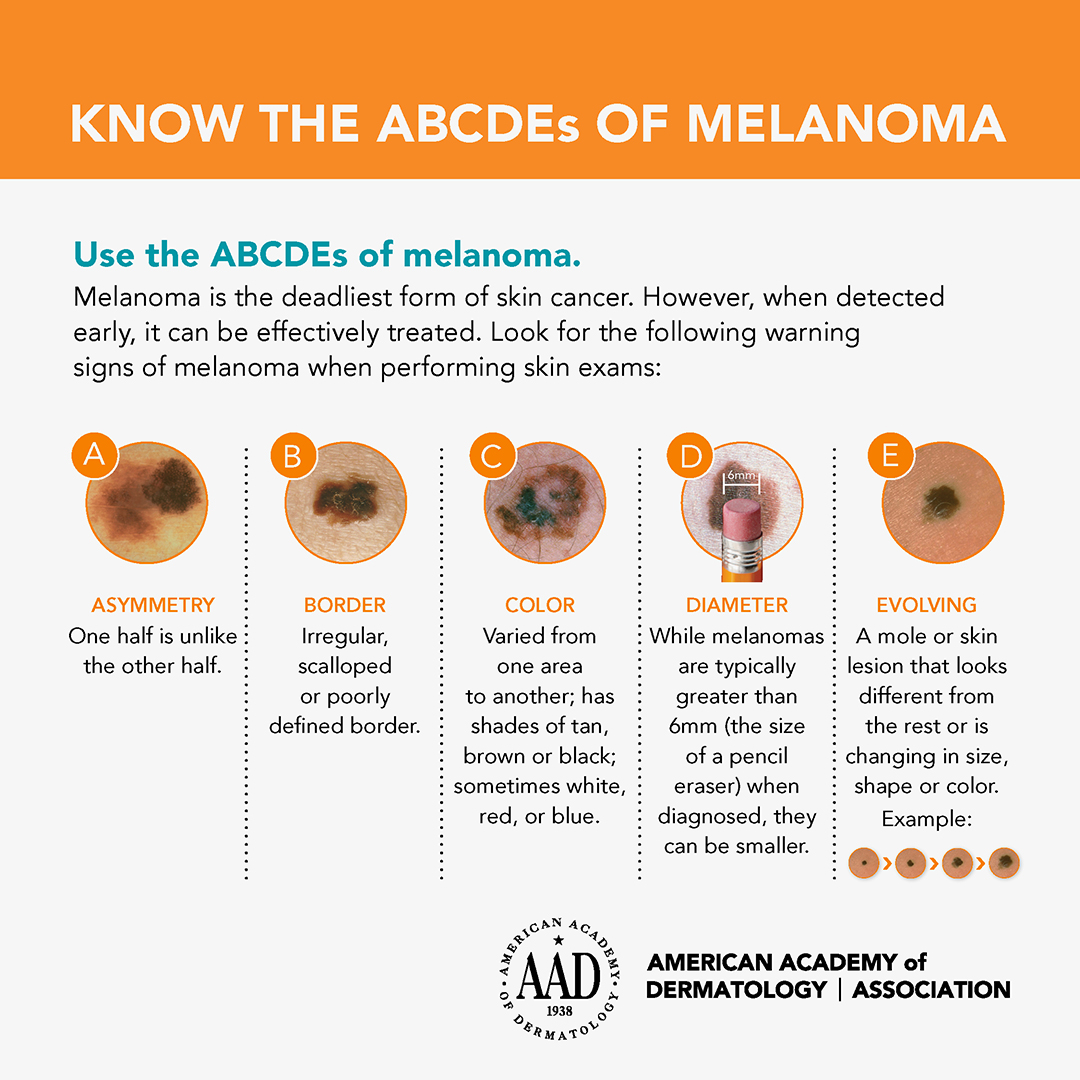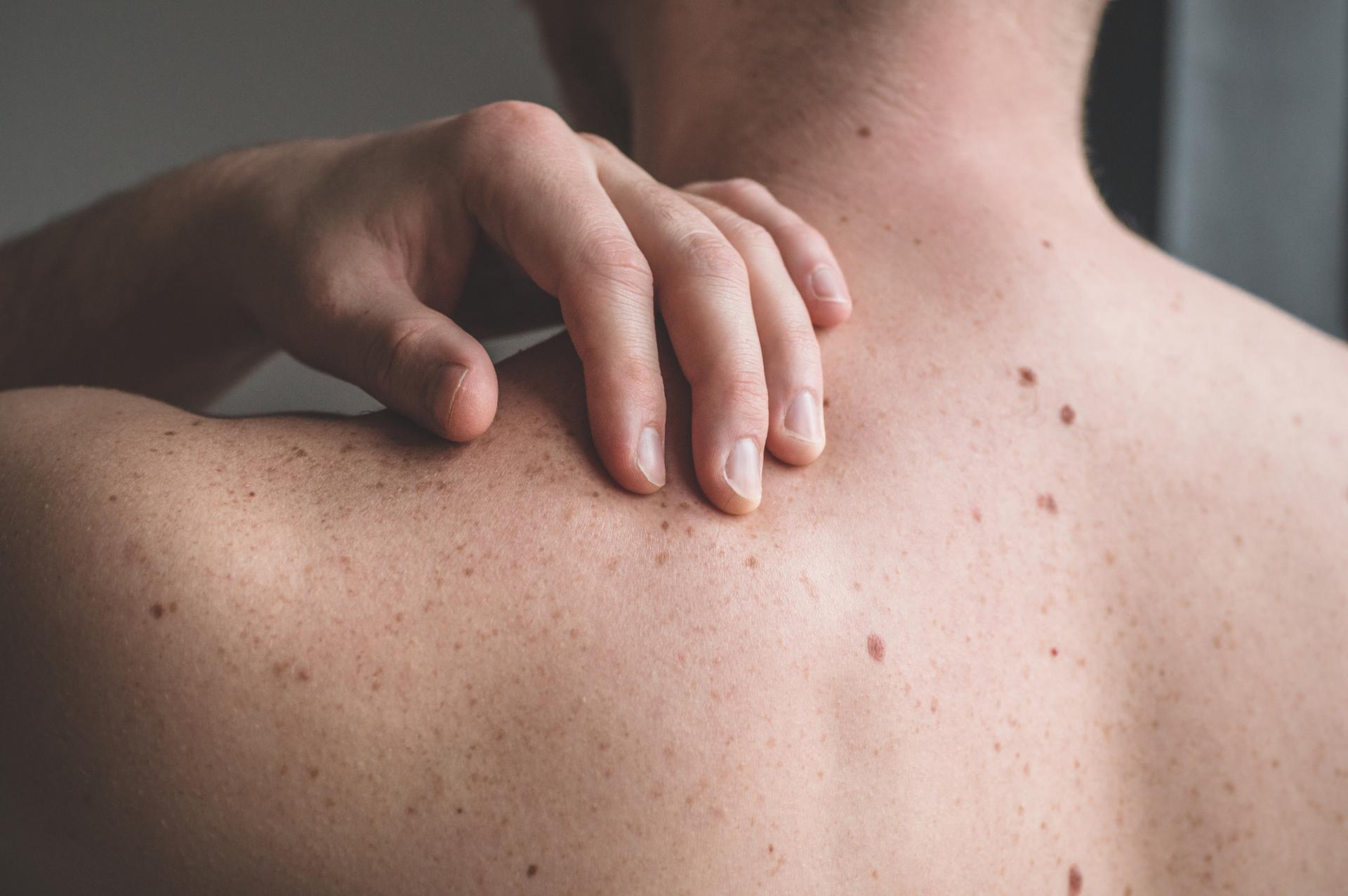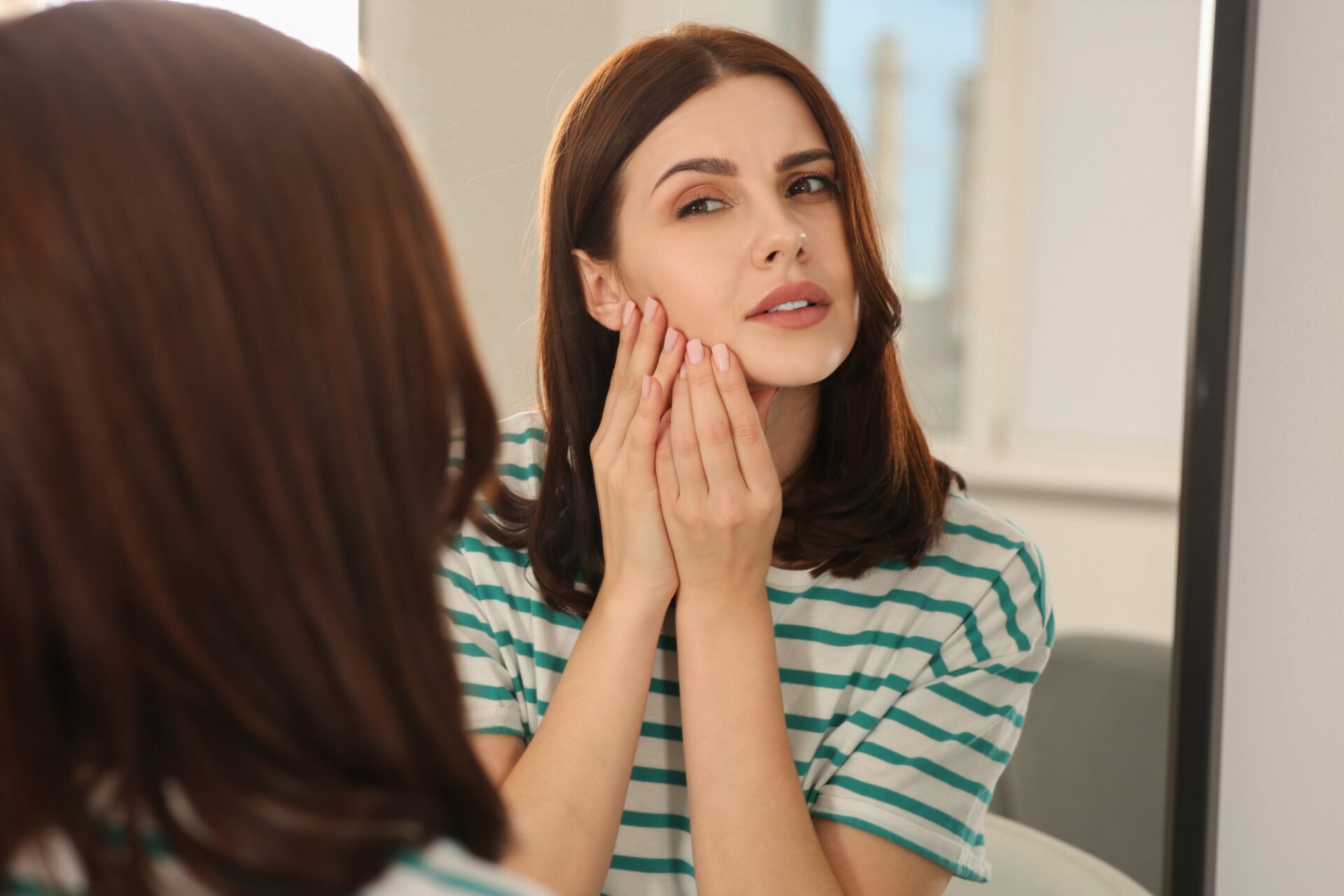Let’s be blunt about the bad news: nearly 20 Americans die from melanoma every day. It can appear without warning. It spreads to lymph nodes and internal organs. It can show up anywhere on the body – even the scalp, eyelids, and under fingernails.
“Any kind of cancer is scary, but the good news for skin cancer – if there is any –is that if you find it early and get it treated, it’s highly treatable,” said Robert Greenberg, MD of Golden State Dermatology, Livermore and San Ramon. “The key to spotting it early is a self-exam. You can’t do that for most kinds of cancer, so even though it might seem like another “to do” in your day – this one can save your life.”
Tips & Tools
Before we get to the exam itself, here are a few helpful tips:
- Start by seeing your dermatologist for a complete skin exam to establish a baseline of “normal.”
- Choose a day that’s easy to remember, like the first day of the month.
- Pick a time when you’re already near a mirror and a blow dryer and don’t have any clothes on – right before a shower or bath.
What you’ll need:
- You’ll need a full-length mirror, a handheld mirror, a blow dryer, and something to sit on.
- Print this body mole map created by the American Academy of Dermatology Association to track spots and changes to your skin. Don’t rely on your memory.
How to Do a Self-Exam
Head: Begin by facing a full-length mirror. Carefully look at all the parts of your face, especially the nose, lips, mouth, and ears – front and back. It may help to use a handheld mirror and a full-length mirror to get a better look.
Scalp: Examine the entire surface of your scalp, using a blow dryer and mirror to expose each section to view. Have a friend or family member help if you need it.
Front Torso: Facing the full-length mirror, inspect your neck, chest, and torso. Lift your arms and check the sides of your upper body as well. Women: check the skin underneath each breast.
Back Torso: Face away from the full-length mirror, holding the handheld mirror. Examine your back, shoulders, the back of your neck, and any other body parts you could not see from the front. From there, continue down your body and examine your buttocks and the backs of your thighs.
Lower Body: Sit on a chair and scan your legs using the handheld mirror to look at the back of each leg. Use the handheld mirror to check your private areas and the insides of your thighs.
Arms, hands, feet: Check the fronts and backs of your hands and forearms carefully. Look at your fingers and toes, including the skin between them and your fingernails and toenails.
What to Look For
Very few of us have perfect skin. How do you know what’s a “safe” spot or bump and what isn’t?
Pay attention to:
- any spot, sore, shiny bump or nodule, scaly lesion or wart-like growth that continues to itch, hurt, crust, scab, erode, ooze, or bleed.
- an open sore or wound that does not heal within 2-3 weeks.
- a white, yellow, or waxy scar-like area, a reddish patch, or irritated skin.
Be on the lookout for moles that appear after the age of 21. Any new skin growth, beauty mark, mole, brown spot, wound, or sore that doesn’t heal can be cause for concern; consult your physician if you have doubts or questions. And don’t worry if the question seems too small – that’s what we’re here for.

Not sure what makes a bad “spot”? Use the ABCDEs of Melanoma method found to know what to look for. ABCDEs stand for: asymmetry; border; color; diameter; evolving.
At Duncan Dermatology, we offer the full spectrum of dermatology care. We provide our patients with the ultimate patient experience and confidence to be their best, knowing their skin health is in the best of hands.


